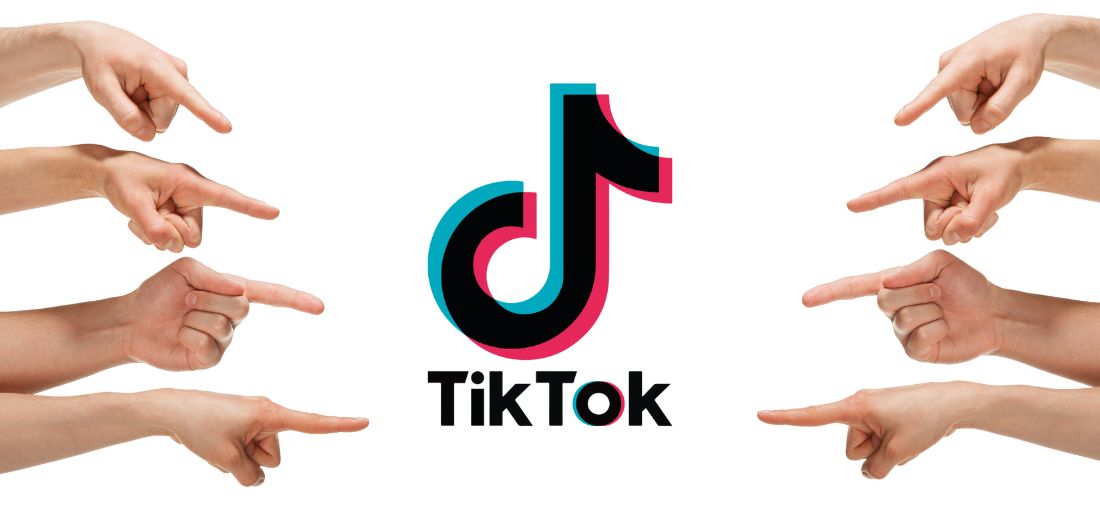Last week, the news cycle was dominated by articles discussing how big tech and social media companies are interacting with governments. Here, we’ve rounded up two of the week’s biggest stories and discussed what they may mean.
Could TikTok be subject to a US ban?
A couple of weeks ago, members of the US Congress grilled TikTok CEO Shou Zi Chew about the company’s Chinese ownership, the protections it has in place for younger users and the steps the company is taking to protect data. In a session that lasted for more than 5 hours, Mr Chew was pressed forcefully by lawmakers with a limited understanding of how the platform works.
Since the hearing, rumours have swirled that TikTok may soon become the subject of a complete US ban. This is because news has now surfaced that the Biden administration views TikTok as a potential national-security threat and wants its Chinese-owned parent company, ByteDance, to sell the platform to a US-owned company or face a possible ban.
For his part, Mr Chew proposes that ByteDance should retain its majority ownership of TikTok but have its US operations run entirely by the Texas-based tech giant Oracle, which would store all US user data on its servers and monitor how TikTok’s algorithms recommend content.
However, experts believe that so-called ‘Project Texas’ will not allay the fears of Congress or President Biden as US lawmakers have little confidence in the Chinese government’s intentions. Instead, the push to restrict TikTok is now bipartisan in nature and is one of the few things that both Democrats and Republicans in Washington can agree on.
That said, whether TikTok is banned in the US remains to be seen. After all, the thoughts of lawmakers are not echoed by the public. This is because TikTok still boasts 150 million US users who are each spending an average of 56 minutes a day on the platform. Added to this, two thirds of all US voters under 30 oppose a ban. As such voters usually skew Democratic, a ban could affect President Biden’s re-election chances.
So, although US lawmakers are reportedly moving forward with plans to ban the platform, whether these plans are ever fully realised remains to be seen.
The platform has just received a £12.7m fine from the UK Information Commissioner for multiple breaches of data protection laws.
France bans TikTok, Twitter and Facebook from government phones
One country where we have seen definitive action against big tech and social media is France. Last week, the French government announced that it was banning Facebook, Twitter and TikTok from all government phones. This means that government workers in the UK, US, Canada and the European Union all cannot install TikTok on their phones.
When announcing the move, the French government said:
“After an analysis of the issues, in particular security, the government has decided to ban the downloading and installation of recreational applications on professional telephones provided to public officials from now on.”
They added that “Recreational applications do not have sufficient levels of cybersecurity and data protection to be deployed on government equipment. This ban applies immediately and uniformly. Exemptions may be granted on an exceptional basis…”
Although Facebook and Twitter are both also banned, analysts believe that TikTok is the real target in this move. After all, there are two reasons to ban TikTok from a cybersecurity point of view:
- It gathers a significant amount of data in its natural course of operation
- It cannot credibly commit to withstanding efforts from the Chinese Communist party if they’d like their interests to be promoted overseas
Why does this matter?
This matters for two reasons. Firstly, it feels as though things may be falling into place for Facebook and Meta after a rough 2022. Even though the company is losing access to some French civil servants, it’s clear that TikTok is the target of the ban. Plus, the further the ban spreads, the likelihood rises that we will see governments in the UK and US particularly take further action against TikTok. Some governments may even force a complete ban on the platform like the one that’s being rumoured in the US.
Secondly, this new raft of bans could signal a fundamental shift with how governments and big tech businesses interact. If complete nationwide bans are issued and relations between the US and China deteriorate further, then we could also see a wider move towards deglobalisation.
Author spike.digital
